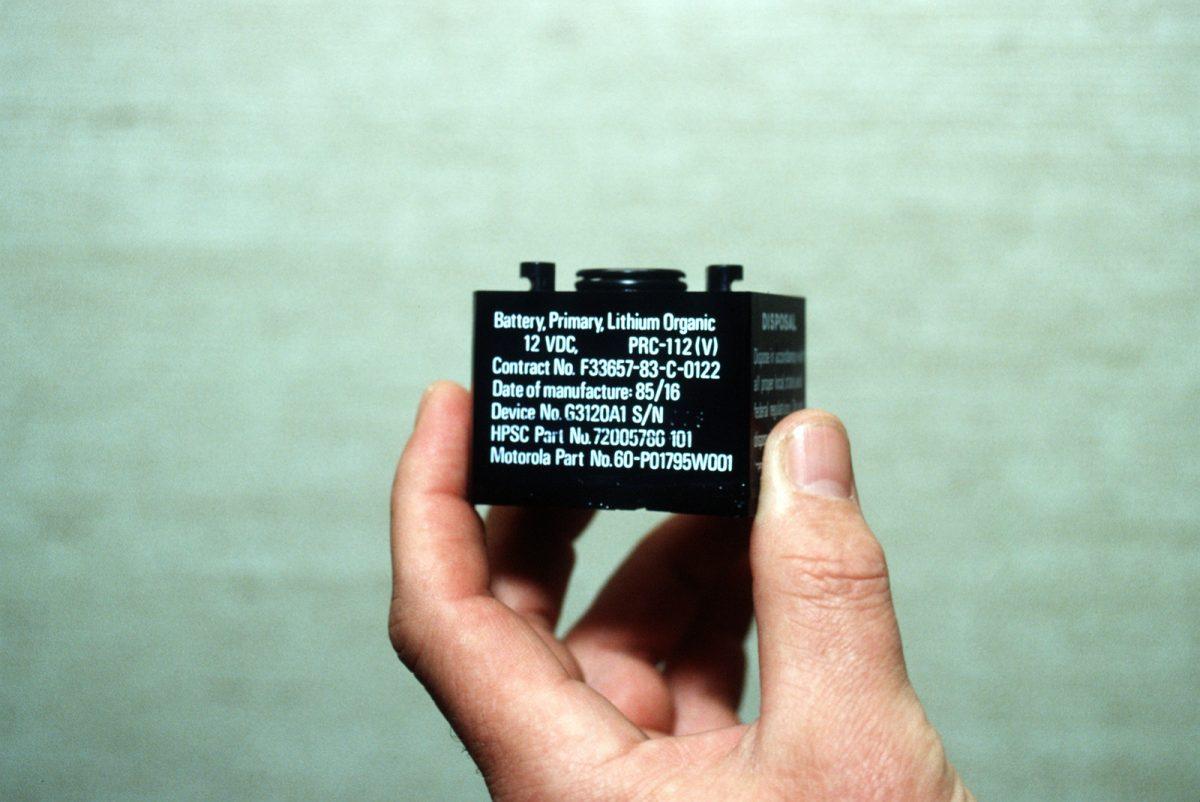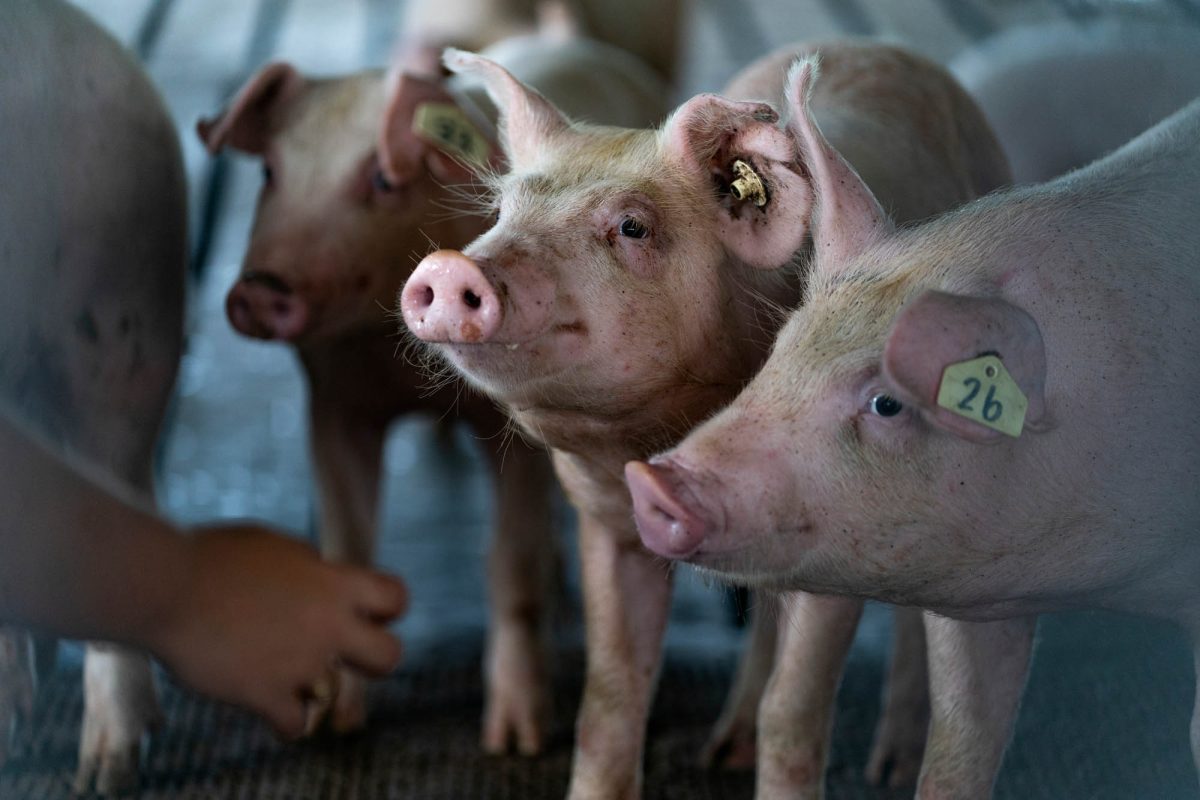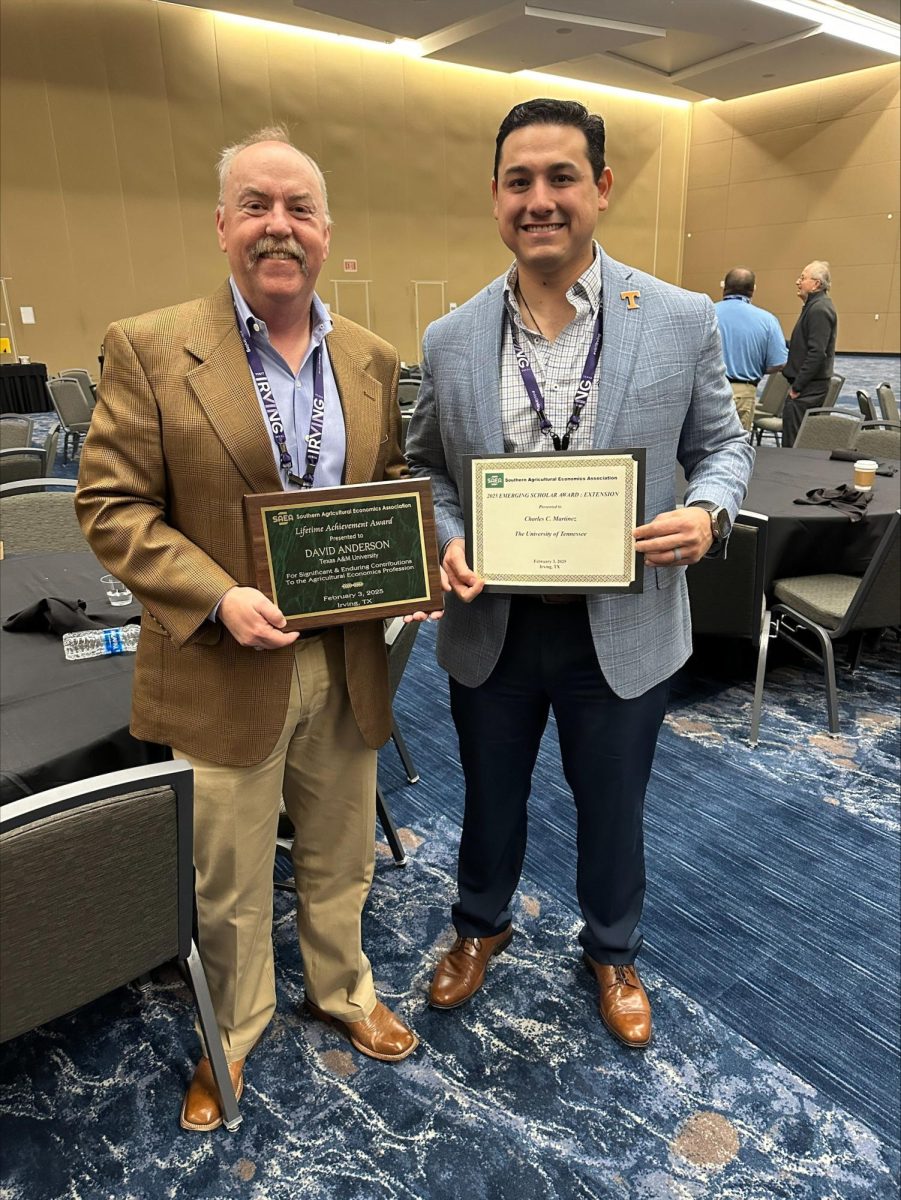If you drive an electric car or have ever ridden in one, chances are it had a lithium-ion battery powering it.
Lithium-ion batteries are the industry standard in the electric car market, but every year are becoming increasingly difficult to improve. However, lithium-sulfur batteries could soon be a solution to more efficient batteries and cheaper cars. Flexodes, a lithium-sulfur battery company using inventions from Texas A&M professor Choongho Yu, is looking to work towards this solution.
The goal of this development is to ultimately transfer this technology to the market, Yu said.
“We started this research about 14 years back, and obviously we gradually improved our battery performances and made multiple patents over the decade,” Yu said.
In his research, Yu said he has created a small model using this lithium-sulfur technology.
“We use that demo scale battery [and are] trying to attract funding to make something real,” Yu said.
Sulfur is an unwanted and inexpensive material because it’s a byproduct of crude oil refinement, making obtaining it for these batteries quite easy, Yu said.
“If successful, this will improve driving distance or you can actually make a battery pack smaller,” Yu said.
Ranga Vasudevan, the CEO of Flexodes, said he started working with Yu in 2019 and eventually secured the rights to license the technology.
There is great potential with lithium-sulfur batteries, Vasudevan said, and he is additionally looking for funding to speed up the research and development process.
“There are multiple areas where the lithium-sulfur is way better than the current lithium-ion,” Vasudevan said. “Current lithium-ion has reached about its maximum practical capacities.”
Working with Vasudevan and professor Yu, Saurabh Biswas, the executive director of commercialization and entrepreneurship at A&M, has assisted in this process of moving from the research and development stage to trying to create a marketable product.
Anytime there is a new invention within the A&M system, their office manages the intellectual property and helps to connect with potential partners, after understanding the researchers’ goals, Biswas said.
“The potential is very broad, and electric cars or electric automobiles are just one of the areas,” said Biswas. “If all works out, and they are successfully able to manufacture and scale, there will be huge market potential.”
However, there are additional benefits to the help A&M provides to research like professor Yu’s, Biswas said.
“The reason why we do this is the impact on our students — on Aggies,” Biswas said. “We are now training future scientists and engineers that it’s just not enough to have an idea … you [have to] take that idea and take it to the next level to commercialization.”










